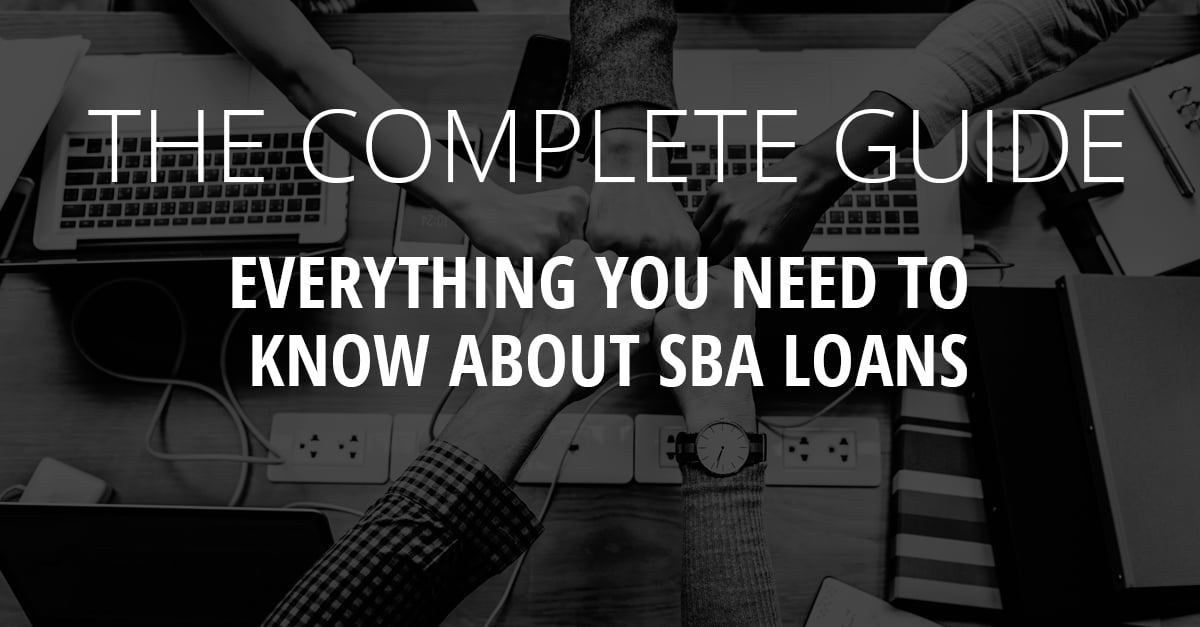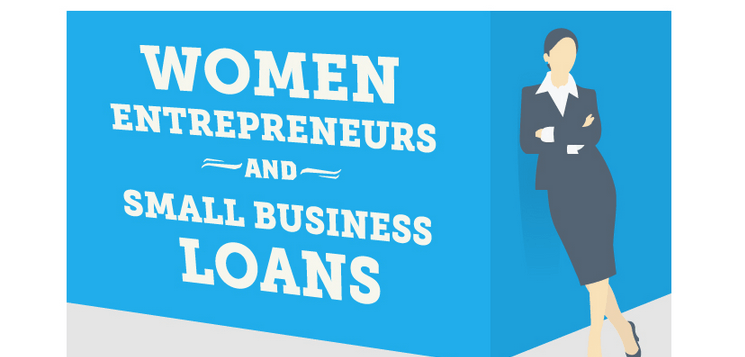Sba Financing Guide For Entrepreneurs
- Sba Financing Guide For Entrepreneurship
- Sba Financing Guide For Entrepreneurs Students
- Sba Financing Guide For Entrepreneurs Business
- Sba Financing Guide For Entrepreneurs Association
An Entrepreneur's Guide to SBA Loan Programs Lender Financing/Financing a Business, Managing a Business, Starting a Business Submitted by Anonymous on Wed, 2014-07-16 11:45. The SBA Community Advantage Loan is a subset of the popular 7 (a) loans. Amounts run from $50,000-$250,000, and they're intended for established businesses with under 100 employees or partly funded. SBA Export Express loans have a maximum loan amount of $500,000. The SBA's maximum exposure is $3.75 million ($4.5 million under the International Trade loan). If a business receives an SBA-guaranteed loan for $5 million, the maximum guaranty to the lender will be $3.75 million, or 75 percent. Small business loans help entrepreneurs build, maintain or expand their companies. Getting a business loan for your company doesn’t always require walking into a bank and securing funds — there are a variety of online small business lenders to consider, which may have easier qualifications and faster applications.
If you want to buy another business, don’t let a lack of capital hold you back. You’re unlikely to land on that killer idea the first time, so serial entrepreneurship is your best chance of success. When you spot a business for sale that would thrive under your leadership, but your funds are tied up in your current company, consider an SBA (Small Business Administration) loan to finance the acquisition.
Hang on – what’s the SBA?
The SBA is a federal agency that helps small businesses get loans. I doesn't issue loans itself, but it works with lenders to overcome obstacles to business lending, such as guaranteeing loans, reducing risk and sourcing capital. On a deeper level, the SBA funds, licenses and regulates investment funds that in turn lend to small businesses.
Because the SBA helps foster competition and diversity in the U.S. economy, getting an SBA loan to finance an acquisition is relatively simple. Importantly, it doesn’t matter whether you’ve been declined credit before or have a poor credit history. You might still qualify for a loan with the SBA. That said, it does have certain eligibility requirements, including:
- Your business must trade in the U.S.
- You must have invested in the business yourself.
- You must be a for-profit business.
- You must have tried but been unable to source funding from traditional lenders.
Related: SBA Approves Simple 1-Page PPP Forgiveness Application for Loans of $50,000 or Less
Why finance an acquisition with the SBA?
Better rates

When you’ve run out of other options, the SBA can save a potential acquisition deal. But that’s not all. SBA loans are also competitively priced (under 8 percent). As a federal agency, the SBA enforces responsible lending and risk management so lenders can afford to charge lower rates and fees. You’re arguably less exposed to predatory practices when you borrow from the SBA than from subprime business lenders. Terms vary from seven to 25 years, giving ample time to repay at an affordable monthly premium.
Better terms
Because the SBA guarantees up to 85 percent of the loan, there’s less pressure on you and your current business to shoulder all the risk. You’ll rarely pay more than a 10 percent down payment, and if you’re borrowing less than $350,000, you won’t always need collateral. That said, you will need to sign a personal guarantee to repay the loan in full.
Help and support
The SBA can be a helpful sidekick during the acquisition process, too. You might hit a wall of due diligence and legal wrangling, which can deter even the staunchest entrepreneurs from moving forward. The SBA has a vested interest in your success here and can support you right until you sign the purchase agreement with counseling and learning resources.
Related: Multiple Owners? Here's How to Prepare for Your Loan Application.
How to get an SBA loan to finance an acquisition

The general-use 7(a) loan is the SBA’s most popular, and it's ideal as acquisition finance. You can borrow up to $5 million which is more than enough for acquisitions of small or even medium-sized businesses. You can only borrow what you can afford to repay, however, which an SBA-approved lender will determine when you apply.
To begin applying for an SBA loan, you first need a list of SBA-approved lenders in your area. Head to the SBA website, fill in some basic details and its matching tool will produce a list of suitable lenders. Do remember this isn’t an application, and those in the list won’t necessarily give you a loan.
Next step is to apply, the specifics of which will vary from lender to lender. But be prepared to hand over or have scrutinized the following information:
- The amount of money you want to borrow and its purpose.
- A business plan. Because you’re acquiring a new business, this should include post-acquisition plans and why it’s the right acquisition for you.
- Your financials. The lenders will want evidence you’re capable of repaying the loan. Expect to hand over tax filings, balance sheets, P&L statements and more.
- Your experience. They’ll want to see your industry expertise in both your current business and the one you’re about to buy should it be in a different sector.
- Your credit history. Again, don’t stress if your record has a few hiccups. The SBA underwrites a portion of loans and therefore can accept some poor credit applications.
- Collateral. How will you collateralize the loan? Will it be stock, property or other assets? Depending on the lender, you might be able to choose what’s off and on the table collateral-wise.
The SBA and the lender will assess your application and return with a decision. Free mac cleaner 2015yellowalley.
Some things to remember
Plan early as getting an SBA loan takes time
Sba Financing Guide For Entrepreneurship
If you’ve already found a business you like, apply for the SBA loan now. As you might know, dealing with federal agencies is a long and bureaucratic process. It might be a few weeks before you receive a decision and perhaps a week or two more to receive funds. Get the ball rolling as soon as possible so you don’t lose out to another buyer.
7(a) interest rates are variable
The 7(a) SBA loan type is a variable base rate plus a markup negotiated with your lender. When this base rate changes, the rate on your loan changes, so be prepared for paying a bit more or less each month over the term of the loan.
Sba Financing Guide For Entrepreneurs Students

Negotiate, negotiate, negotiate

You need to negotiate fees, repayments, collateral, interest and so on with the lender. The SBA limits what the lender can charge, but rest assured the lender will seek the best outcome for itself. Don’t be afraid to negotiate the terms – especially if you’re in a position of strength such as having a good credit rating.
Sba Financing Guide For Entrepreneurs Business
SBA loans are one of the best forms of credit available. The interest rates are low, and the repayment terms are fair. If you already own a business and are eyeing up another, don’t fret if you don’t have the capital to finance the acquisition. The SBA can help you seal the deal.
Sba Financing Guide For Entrepreneurs Association
Related: 5 Surprising Reasons to Love the Small Business Administration
